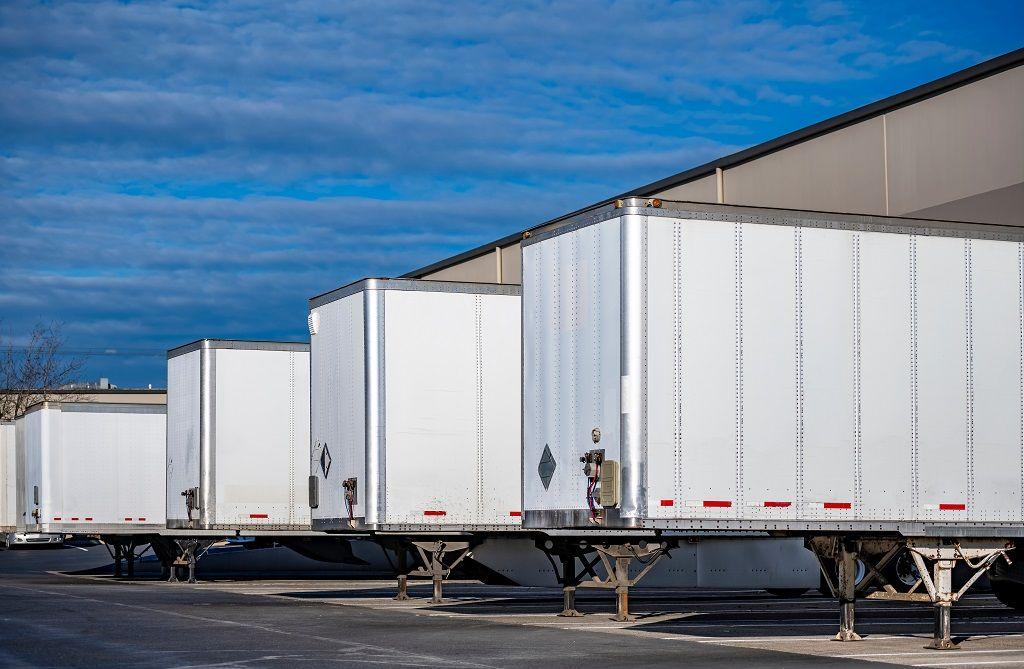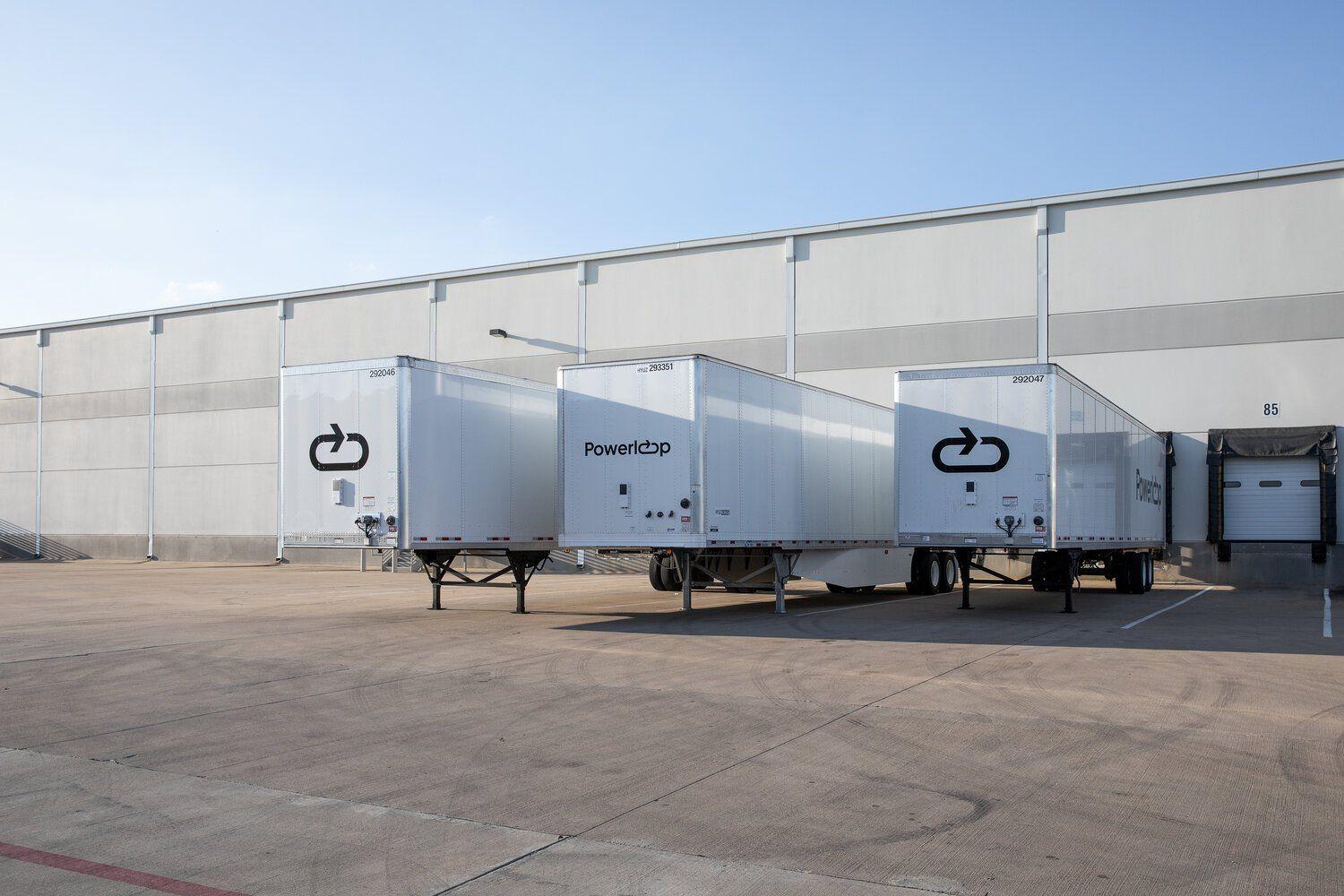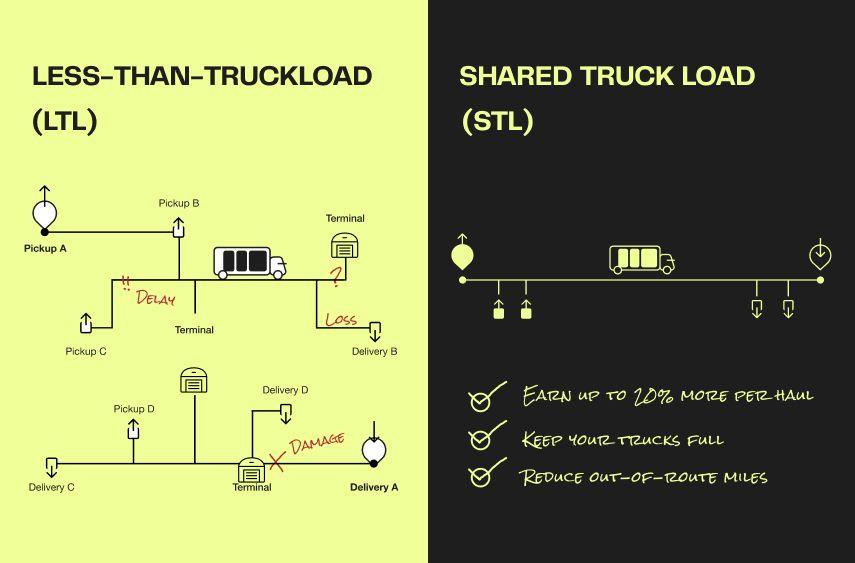
The Evolution of Asset Sharing and Trailer Pools in Trucking
Navigating Trailer Pools in Pursuit of Efficient Logistics
Industries worldwide are undergoing transformations driven by technology and shifts in mindset, exemplified by disruptors like Airbnb and Uber. In this wave of change, asset sharing has emerged as a potent force across diverse sectors, including the trucking industry.
The trucking sector has witnessed significant changes over the years, from technological advancements to stringent safety regulations. Among the recent developments is the adoption of asset sharing and trailer pools, revolutionizing route optimization and operational efficiency.
Asset sharing has become a focal point in industry discussions, offering a promising avenue to minimize deadhead miles and maximize asset utilization through innovative solutions like smart rental. While some industries remain resistant to change, many recognize the potential value in these transformative approaches. Asset sharing addresses a prevalent imbalance in logistics operations—uneven ratios between available drivers, power units (tractors), and cargo-holding capacity (trailers). Idle trailers represent underutilized assets in some companies, sitting in lots while potential profits are missed. The substantial investment in trailers necessitates their continuous use for financial viability. Conversely, other companies struggle to meet demands due to inadequate available trailers or unnecessary downtimes caused by waiting for trailers to be unloaded and prepared for the next load.
Asset sharing platforms facilitate the listing of surplus assets or the location of required trailers among logistics players. These platforms provide a transparent, flexible, and convenient alternative to traditional renting processes or outright asset purchases, enabling direct interactions between asset owners and seekers for negotiation of prices, durations, and agreement details in real-time. Trailer pools, embraced by asset-based carriers, optimize efficiency and reduce expenses by creating a reservoir of trailers that can be left at shipper facilities for loading or unloading without driver detention. This innovative approach provides carriers with greater flexibility in adjusting their asset capacity based on job availability and operational requirements.
The benefits of trailer pools are manifold:
- Reduced Wait Time: Additional trailers facilitate smoother loading and unloading processes, allowing drivers to move on to other loads while waiting for cargo handling.
- Flexibility for Shippers: Shippers operate at their pace without the pressure of drivers waiting onsite for trailers, fostering stronger partnerships.
- Cost Savings: Avoiding detention time translates to reduced costs and heightened driver satisfaction, while maintaining a pool ensures carriers can handle other loads during trailer wait times.
- Flexible Capacity: Multiple drivers can utilize a pool of trailers, enabling more loads without investing in additional assets.
Traditional rental, constrained by operating hours and inventory limitations, faces challenges in the current market marked by trailer shortages and escalating prices. Smart rental, an evolution in this domain, broadens options, diminishes constraints, and offers a solution to counter trailer shortages. Technology-driven asset sharing empowers truckers and brokers, positioning them at the forefront of an evolving industry. The agility and convenience offered by modern platforms foster growth, market expansion, and operational efficiency without overburdening teams or businesses.
As the logistics landscape continues to evolve, smart asset sharing stands as a beacon of efficiency, catering specifically to industry players seeking dynamic asset utilization. Leveraging technology-driven solutions enables businesses to grow, compete, and thrive in a rapidly transforming environment.
Key Topics Covered
Written by
Rapid Relay Team
The Rapid Relay team brings together industry expertise in freight optimization, relay operations, and supply chain innovation. Our writers share insights drawn from years of working with carriers and understanding the complexities of long-haul logistics.


